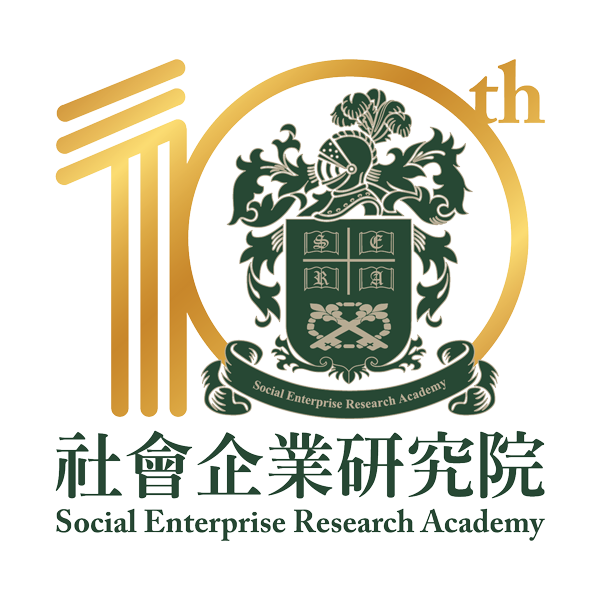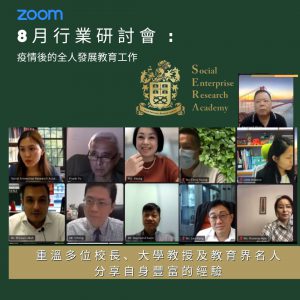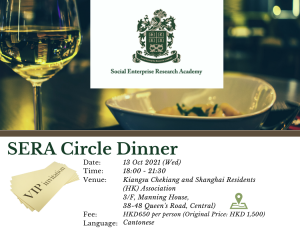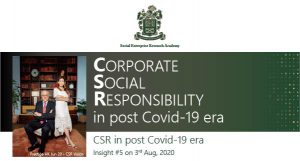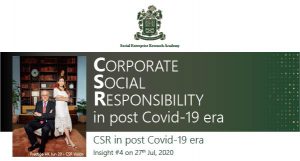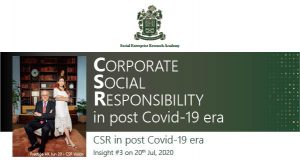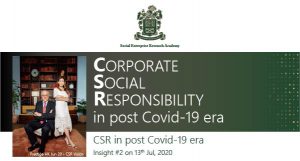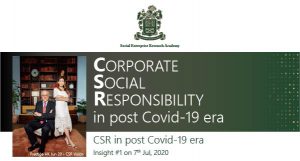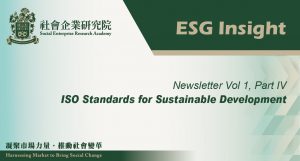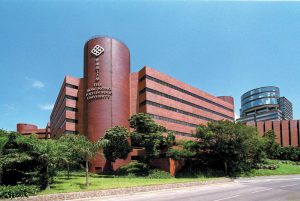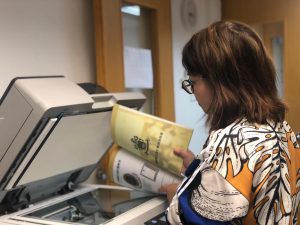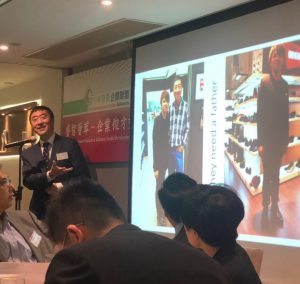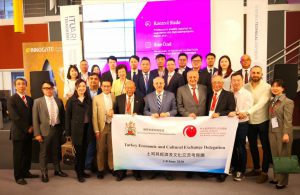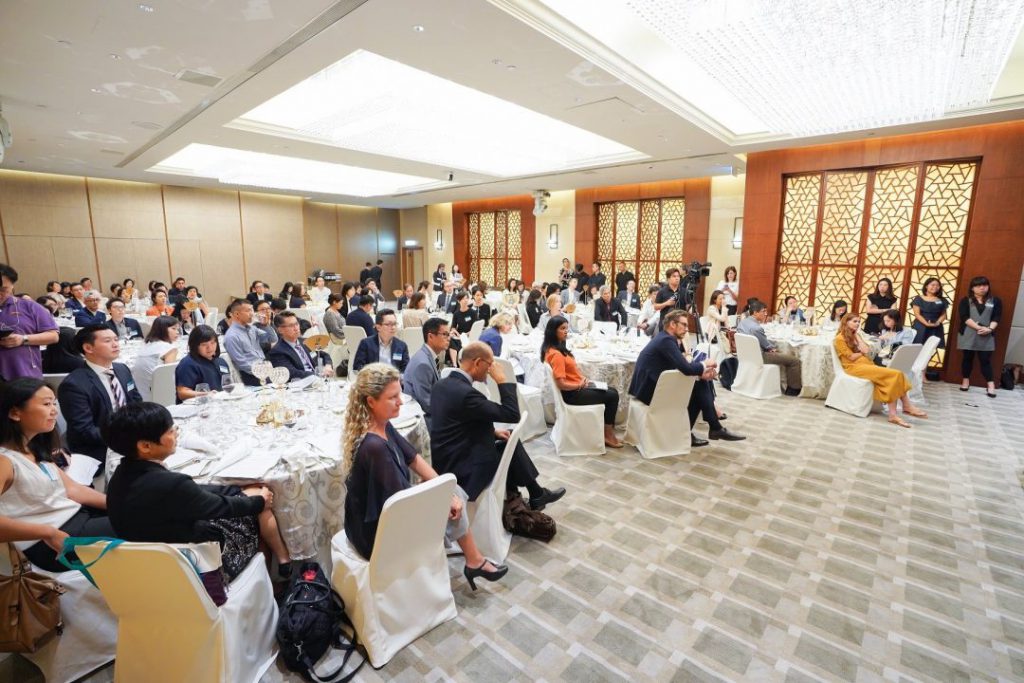
With the development of Hong Kong, it is getting harder to find the crux of the problems encountered in the city. Collaboration of different stakeholders is key to solving these issues. Therefore, the British Council (Hong Kong) announced the launch of the project “BRICKS (Building Research Innovation for Community Knowledge and Sustainability)” on Wednesday to provide a communication and research platform to identify innovative methods for problem-solving.
In the first year of “BRICKS”, the Social Innovation and Entrepreneurship Development Fund (SIE Fund) has allocated HK$3.5 million to the project. If the project achieves success, the project would continue. The main purpose of this project is to promote close relationship among higher-education institutions, non-government organizations, social enterprises and other front line social service agencies. Through the cooperation of local and international experts, an alliance is formed that brings together innovation, entrepreneurship, culture and expertise in academic research to create synergies and benefit the society.
Through the “BRICKS” project, the British Council has partnered with Hong Kong and UK organizations, including The Good Lab and Social Innovation Exchange (SIX). It hopes to cooperate with the eight universities in Hong Kong to explore innovative solutions for social problems currently faced in Hong Kong, such as social inequality, population ageing, soaring housing demand, artificial intelligence and machine learning.
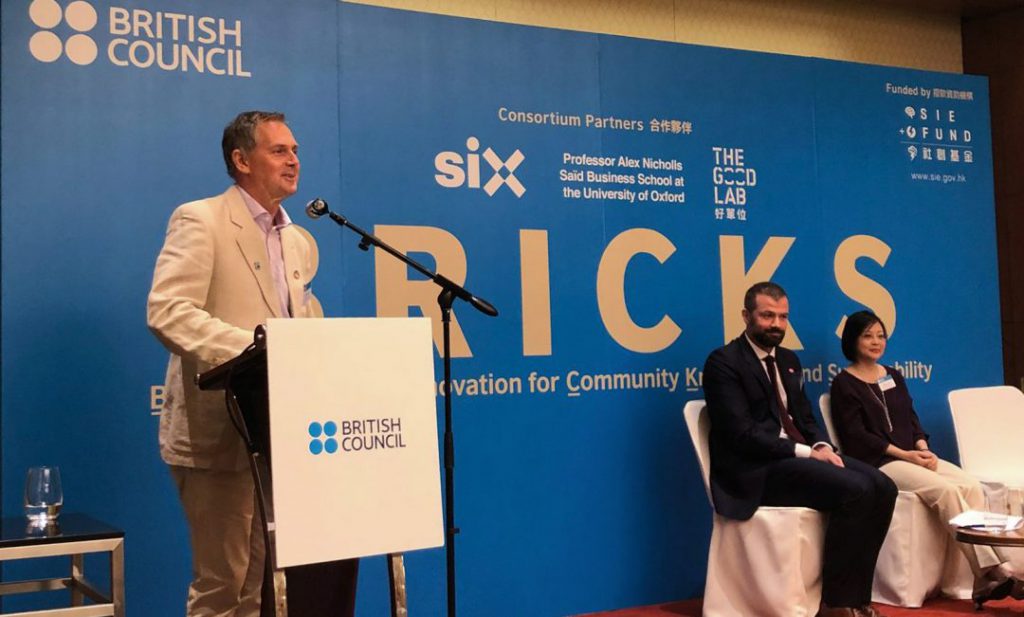
The project was led by Professor Alex Nicholls of Saïd Business School, Oxford University. Professor Alex Nicholls is a world-renowned scholar who focuses on social innovation and social enterprises. He will work together with a steering group composed of local scholars who engaged in relevant academic research to study a series of social issues.
Professor Alex Nicholls on the same day said in his speech, “We have seen the development of social enterprises. This is conducive to the society.” He also pointed out that he had previously co-ordinated a similar plan in Europe, cooperating with eight universities in seven European countries. The plan allows researchers to have an in-depth and a cross-cultural knowledge of social problems in different countries. Professor himself learnt a lot in that program too.
Professor Alex Nicholls believes that universities have the ability to encourage collaboration among different sectors, which the collaboration would be the key to the success of “BRICKS”. Professor Nicholl said that “BRICKS” provides a platform for Hong Kong and the British community to learn from each other and to benefit each other. It also provides opportunities for him to work with scholars and social groups in Hong Kong. Professor Nicholls is grateful to put an effort for the development of Hong Kong.
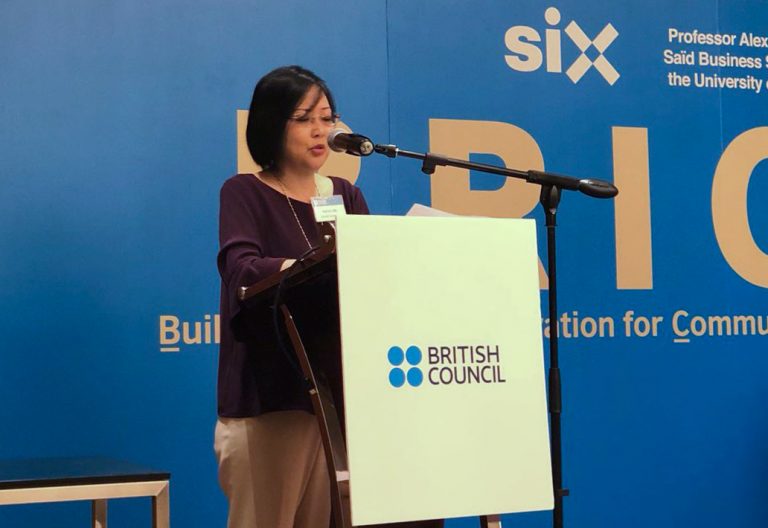
The representative of the SIE Fund and the Deputy Commissioner for Efficiency of the Efficiency Office, Mrs. Patricia Lau, thanked the Leadership Program of British Council (Hong Kong) for the opportunity of having different sectors collaborated. She also gave thanks to Professor Alex Nicholls for his support for the development of Hong Kong.
“BRICKS” will be divided into three phases. Firstly, there would be a profile study of Hong Kong; As a result of gaining background knowledge of Hong Kong, researchers, front line workers and beneficiaries’ skills will be improved. Finally, results will be released. We expect results will provide valuable information for the government, policy makers, the private sector and the community. The results of the project will be published early next year.
(The author, Miss Bonnie Liao is the publisher of the magazine “the Creator” and the General Director of Social Enterprise Research Academy)
